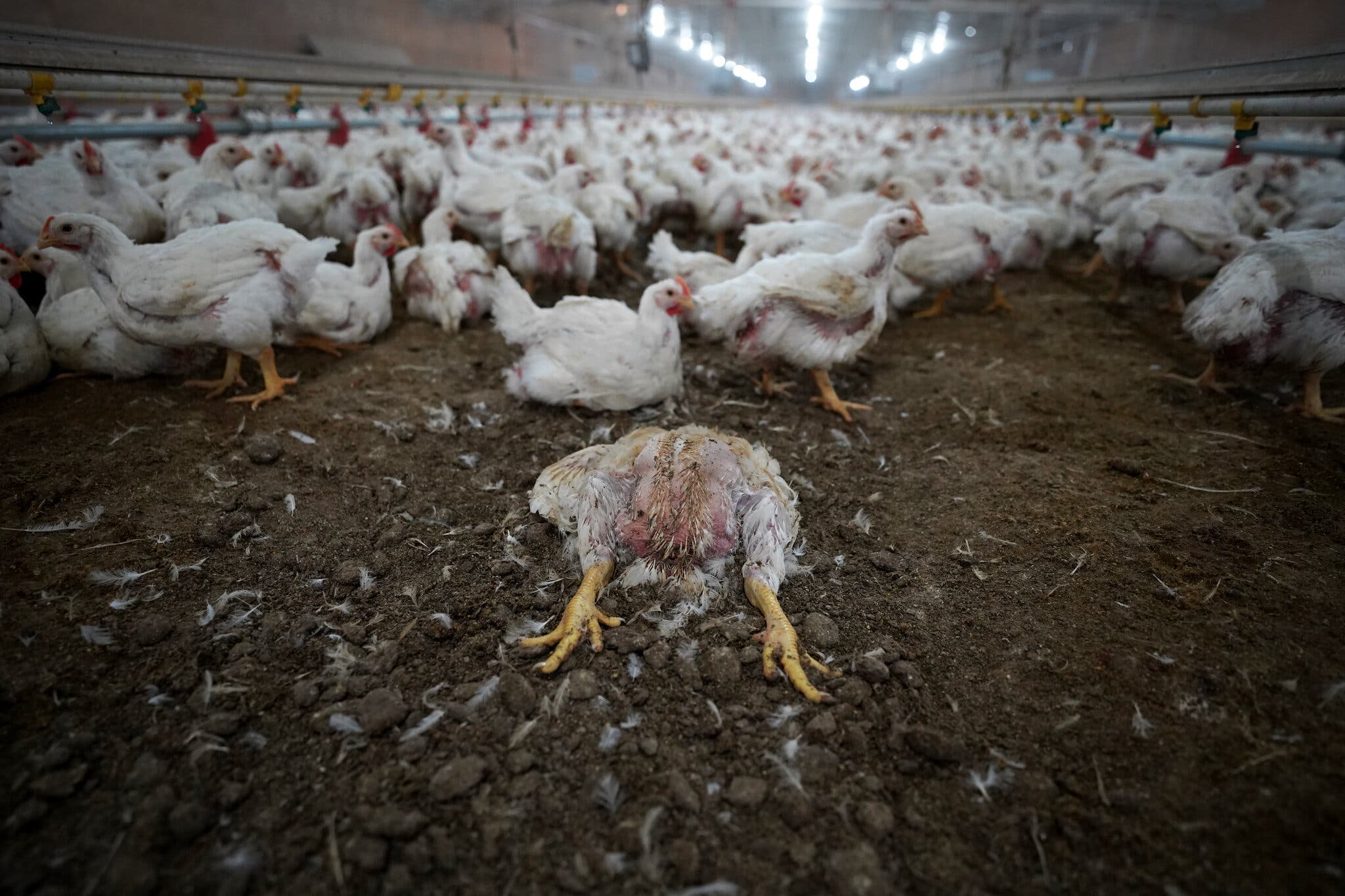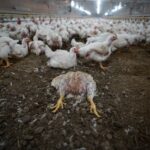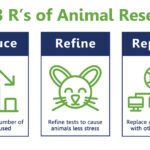Indulgence often comes wrapped in layers of sweetness and decadence, enticing us with hues of vanilla and chocolate, but what if that indulgence harbors a dark underbelly? The question looms: What dessert involves animal cruelty? As the popularity of veganism surges, the awareness of animal welfare deepens. Yet, many beloved desserts rely on animal-derived ingredients that pose ethical dilemmas. Delicious, yes; humane, decidedly not.
Many traditional desserts, such as creamy cheesecake, can be deceptively delightful. The silken texture and luxurious taste come primarily from cream cheese, a byproduct of milk. The dairy industry has long been criticized for its treatment of cows, particularly the violence of separating calves from their mothers shortly after birth. This heart-wrenching practice allows farms to harvest milk intended for calves, reducing mother cows to mere milk machines. Thus, every slice of cheesecake serves not just as a sweet bite but as a plea for understanding the complexities involved in its creation.
Furthermore, consider the ever-popular gelato. This rich, Italian treat often brims with egg yolks, a key ingredient that contributes to its creamy consistency. The chickens raised for egg production, like dairy cows, face relentless exploitation. Conditions in commercial egg-laying facilities are nothing short of deplorable—crammed into cages too small to move, their suffering is often hidden behind the sweet tastes we adore. With each spoonful of gelato, one might unknowingly partake in a grotesque cycle of cruelty masquerading as vibrant flavors.
Moreover, the ritual of baking is not immune to ethical scrutiny. Recipes calling for butter, a dairy product, are widespread. The act of churning cream into butter may seem innocent, but the underlying realities involve the same animal welfare concerns seen in the dairy industry. Cows endure painful and invasive procedures to keep them producing milk, and the demand for butter perpetuates these practices. By consuming butter-laden desserts, do we unknowingly endorse the animal suffering intertwined with our culinary preferences?
Yet, it’s not just the ingredients that can raise ethical eyebrows. Let’s turn our attention to the production processes themselves. For example, the lavish cakes adorned with decorative fondant made from gelatin—a substance derived from boiling animal bones and hides—raise significant ethical concerns. The gelatin industry is notorious for its inhumane treatment of animals. From factory farms to slaughterhouses, the journey to a slice of cake often involves unspeakable cruelty. When the fondant glistens under candlelight, few consider the reality of what lies behind the sweet veneer.
Diving deeper, there’s the world of marshmallows—delightfully fluffy bites often enjoyed in s’mores or atop hot chocolate. Traditional marshmallows, surprisingly, contain gelatin. Although there are vegan alternatives, the typical pack still relies on animal byproducts. As one savors the soft texture of marshmallows, it is crucial to ponder the origins of this cloud-like confectionery and the potential sacrifices made in its creation.
The circle of indulgent desserts only grows larger, with many prominent desserts featuring whipped cream, another staple that typically derives from milk. Cream is produced in a similar strained environment as milk, continuing the cycle of animal suffering to craft the light and airy topping that adorns so many desserts, from pies to cakes. It raises critical questions of morality: Can one truly enjoy the sweetness of whipped cream when it is steeped in such unfairness?
The chocolate industry, too, does not escape critique. Although chocolate itself is from cacao beans, many popular candies and desserts combine this with milk chocolate, which, as stated, relies heavily on milk production. Notably, many farms also exploit child labor to harvest cocoa beans, entrenching layers of cruelty even deeper into these seemingly innocent treats. In enjoying that chocolate cake, one must recognize the myriad moral implications woven into every bite.
As we reflect on our sweet tooth indulgences, we might pose a playful yet challenging question: how far are we willing to go for dessert? Every meal, every treat, can either perpetuate suffering or pave the way for transformation. One path lies in reconsidering our choices. One could explore alternatives—vegan desserts, eco-friendly label certifications, or homemade organic versions that eschew animal products altogether. The overwhelming plethora of options in today’s market supports creativity and compassion in the kitchen.
Consumers possess immense power in shaping the environment around food production. As voices for animal rights grow increasingly weary of the dessert industry’s shadowy undertones, a shift toward ethical consumption emerges. With rising awareness and the pursuit of cruelty-free practices, foodies and health advocates alike can engage in more responsible indulgences. Embracing plant-based options and advocating for humane farming practices allows one to enjoy delectable desserts while aligning personal values with culinary enjoyment.
In conclusion, indulgence need not be synonymous with cruelty. As the dessert landscape continues to evolve, we now have the power to choose joy without the moral hangover of animal suffering. The next time you encounter a dessert, take a moment to consider the hidden narratives ingrained within its creation. Instead of guilt-ridden enjoyment, may your sweet moments be imbued with compassion and awareness, setting the stage for a more humane future in our culinary journeys.






